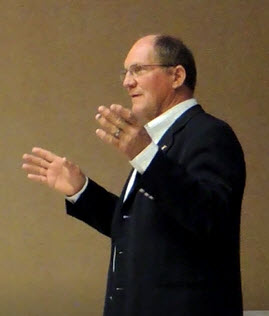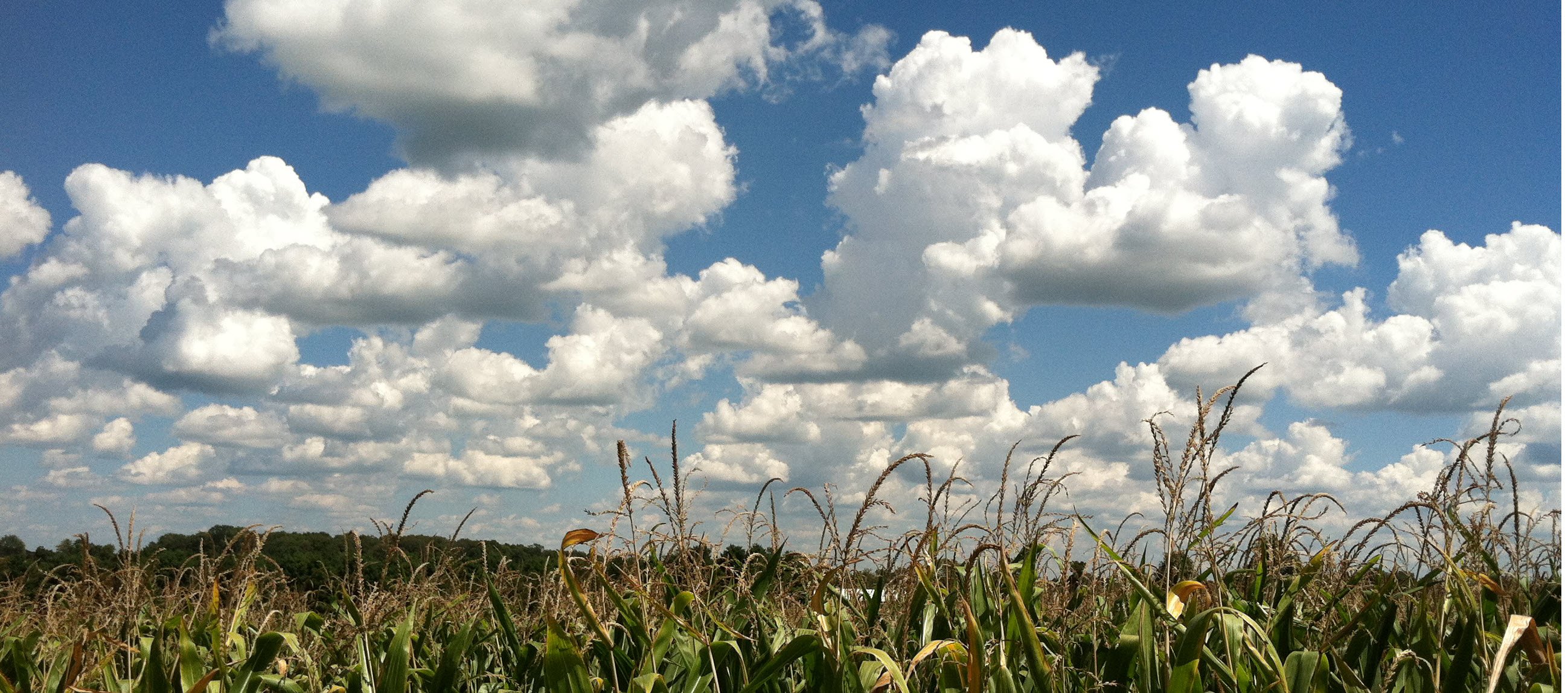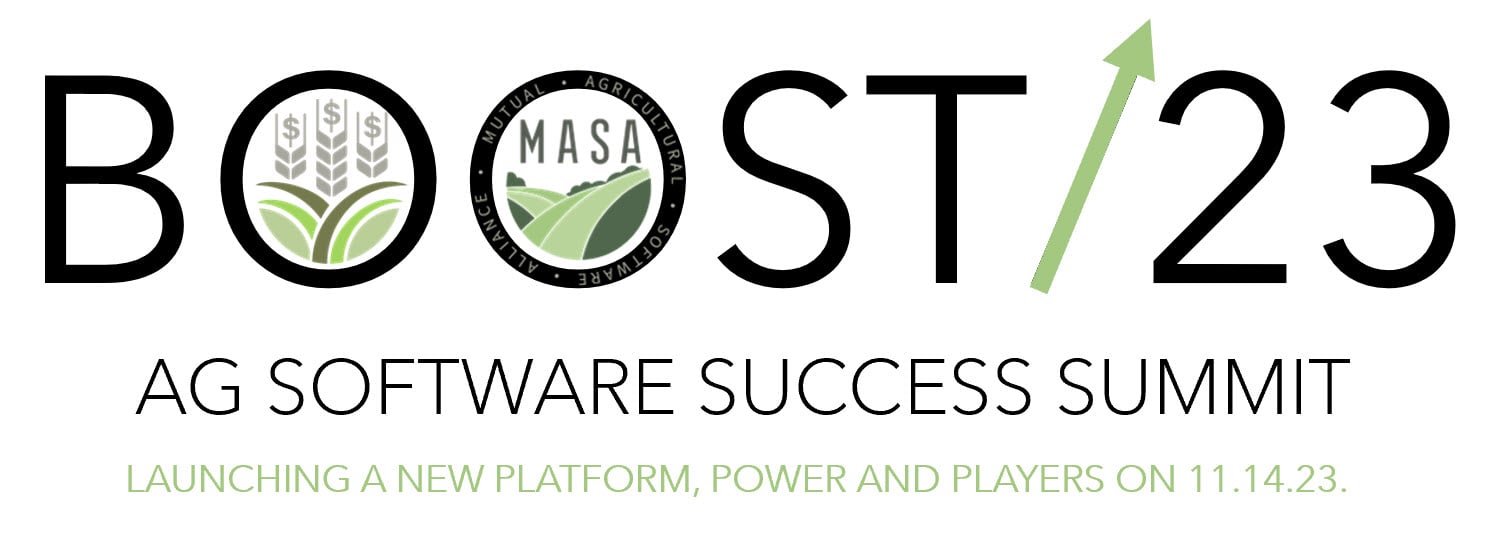|
"What is the value of this kind of information if I can get it delivered to me in a more integrated fashion?" "The consequences of bad decisions without this data are costing farmers a lot more than what they’re saving on software and the education it takes to run it." |
 |
| Dick Wittman in the January 30, 2019 Future of Agriculture podcast | Dick Wittman at the FBS 2019 Farm Software Success Summit. |
Financial consultant Dick Wittman was recently interviewed on the Future of Agriculture podcast on the topic of "Becoming a Farm CEO.
Here are some of his observations and recommendations on information management:
You have to be able to be willing to put a value on data. For a long time people have gone out and tried to buy the cheapest software they could to keep the books for tax purposes. Over 50% of the class at TEPAP every year is using QuickBooks or Quicken. I’m not criticizing that; for what it does it does it well. But If you want to go beyond tax accounting, if you want to do accrual-based analysis, if you want to get cost versus market value, if you really want to get a handle on cost of production by enterprise and your raising five or six different commodities you can’t get there with this kind of software. You’ve got to export data and then add all kinds of supplemental analytical systems to get there.
So stepping back and saying, “What is the value of this kind of information if I can get it delivered to me in a more integrated fashion?” The consequences of bad decisions without this data are costing farmers a lot more than what they’re saving on software and the education it takes to run it.
When you can take that data and you can sit down with your team and you can show where you’re doing well, where you need to improve, those are answers that put bottom-line profit in a way that you can’t even begin to get by just going out there and throwing a little more fertilizer at the crop.
You have to value data. You have to value sitting in an office spending that time mining the data and the having the time on the job to interpret better ways to doing business. I have people that say that we’re lucky because we have enough people here in the office and do bookkeeping during the day. And they come back and say, “You know on our farm that’s work. That has to be done on weekends or Sunday.” I’m sure the look on my face is incredulous. You don’t consider that work part of running a business? You’re going to be hit. You won’t survive. Many of those with that attitude are no longer in business today.
















